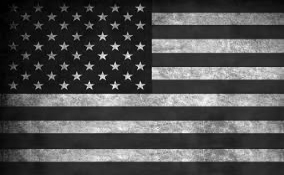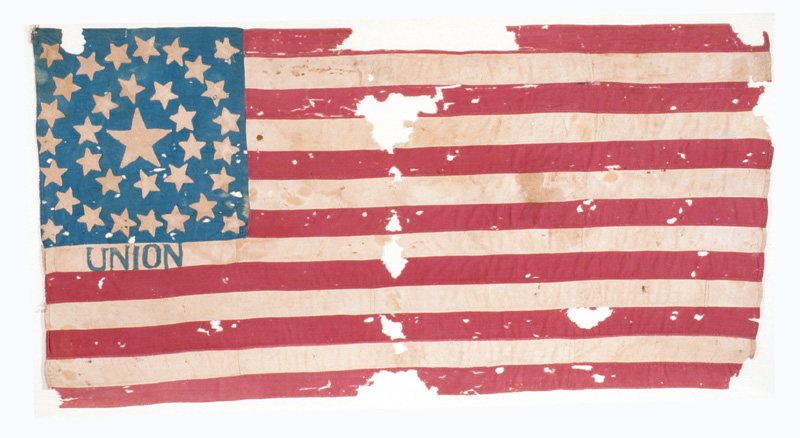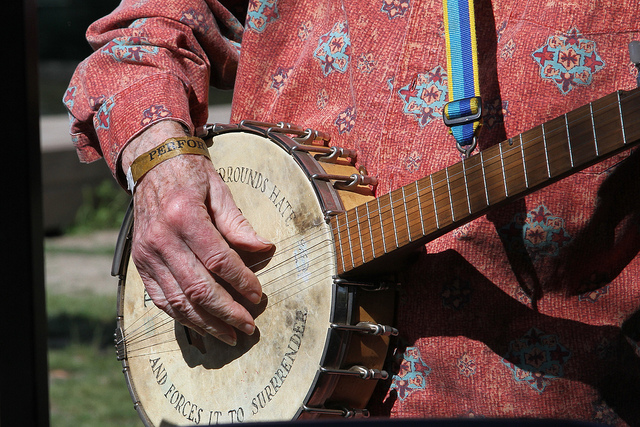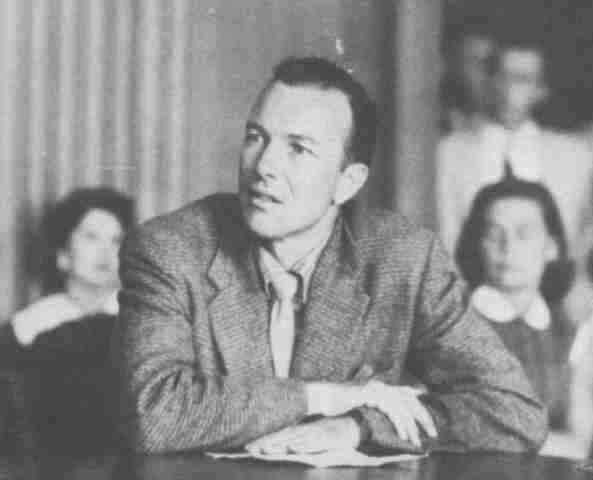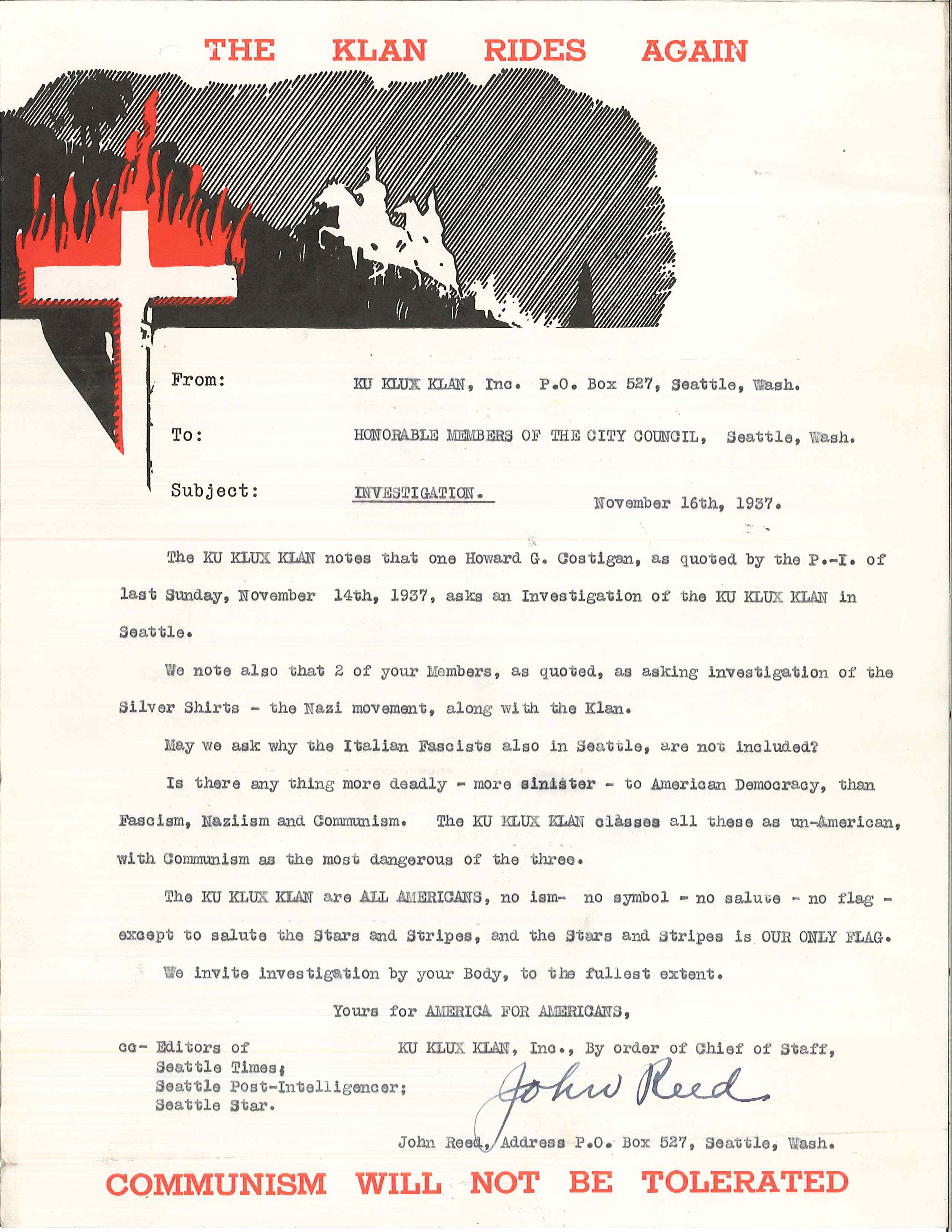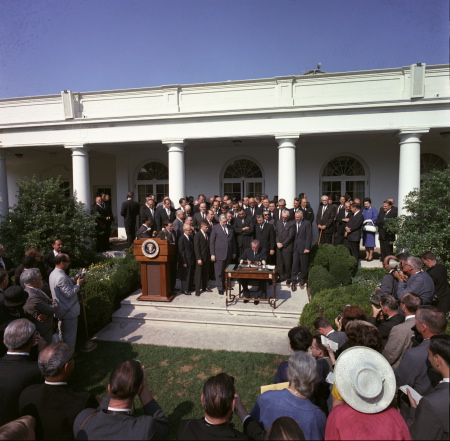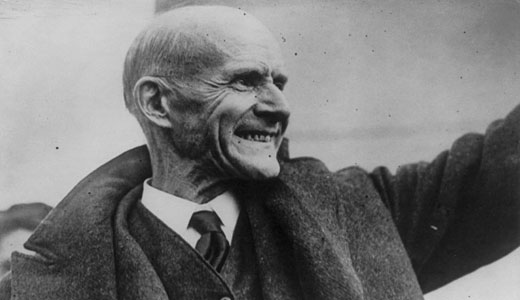Justin Akers Chacón offers some context with regard to the latest wave of immigration from the South.
The children and youth coming to the U.S., chiefly from Central America in the current wave, are victims of faceless economic, political and military policies engineered and implemented by the U.S. government, either unilaterally, or working through ruling elites in the region.
These young migrants are journeying north to be reunited with their families or in a desperate search for work and security. It is a further indictment of the U.S. government’s inhuman immigration policy that these innocent victims are treated as criminals and undesirables.
Please read the full article: Children forced on a dangerous journey | SocialistWorker.org.
